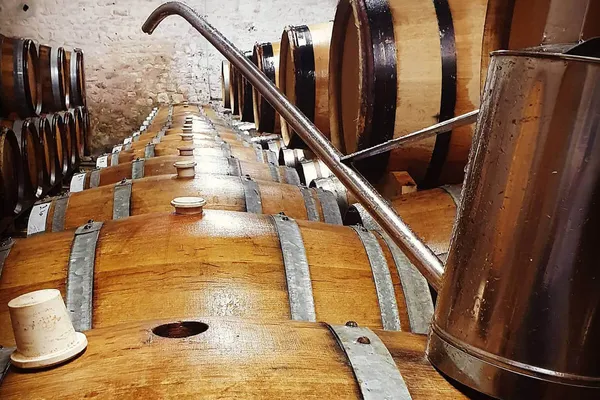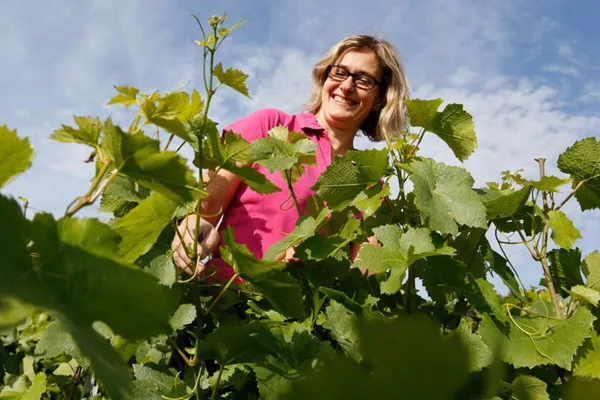Free delivery from Fr. 300 of purchase or 18 bottles, otherwise Fr. 15

In 2009, Raymond Boulard's children decided to go their separate ways. Francis Boulard, his wife Jeanne and his daughter Delphine founded the estate that bears their names. At the origin of this creation, a guiding principle: for many years already, Francis Boulard had given an organic impulse to his production, with certain vines converted and certified. Francis and Delphine are good farmers and belong to a family of winegrowers for at least six generations. The oldest member of the family to be found to date was born during the French Revolution, in 1792. The estate's vineyards are located for the most part in Cormicy, to the north-west of Reims, in the Massif de Saint-Thierry, known as the "Little Mountain of Reims", on siliceous limestone soils. The vines are also present in Paradis (Hameau de Belval, in the Marne Valley), Cuchery, Cauroy-lès-Hermonville and Mailly-Champagne, a village classified as a Grand Cru of the Montagne de Reims. The vines are mainly exposed to the east/north-east, or even south in the Marne Valley. The orientation towards organic farming goes back several years: with the aim of producing wines with character and the most natural of all, a large part of the Cormicy vines have been worked since 2001 without weedkillers or synthetic products, and have been controlled in conversion since 2004 by Ecocert. They have been cultivated biodynamically since then and are also certified. Of course, biodynamics (like "organic" cultivation) aims to avoid the negative impact of chemical substances on the environment and health. The lunar calendar also allows us to know the best time to intervene in the vines. The pruning is short to control the yields and thus have grapes full of aroma and flavour. Beyond all this, the majority of the plots, about two-thirds, are planted with massal selections made on the estate. The vines are ploughed 4 to 6 times a year: in the autumn after the harvest, in the spring and until July. This light ploughing allows good control of the natural grass cover, which encourages soil life and prevents erosion. In order to fight against diseases, the vines are also protected - in addition to sulphur and Bordeaux mixture - by applications of horsetail, osier, willow, nettles, valerian and silica.Contrary to local tradition, the moment of harvest is chosen here in order to have the highest possible natural degree of alcohol, without worrying about acidity, while of course remaining in a good sanitary state. The grapes are pressed very quickly after the harvest. This process is carried out with a 2,000 kg membrane press, which allows a fine and delicate crushing and a precise fractioning of the must. Francis Boulard is an adept of parcel-based and comparative vinification. The aim is to obtain greater complexity in the wines. The grapes are therefore differentiated at the pressing stage and pressed according to plot, terroir and grape variety. The musts are only very lightly sulphured in order to preserve the fruit and to allow fermentation to start quickly. The vinification is, as far as possible, non-interventionist, which requires careful and regular monitoring. The alcoholic fermentation starts spontaneously: the indigenous yeasts act. The alcoholic and malolactic fermentations take place in 20 hectolitre tuns, in 5 and 6 hectolitre demi-muids or in 300 litre oak barrels. These are old barrels, with an average age of 12 years, which provide a balanced oxygenation, in order to obtain supple and round wines, while maintaining a good structure. By offering numerous combination possibilities, these different containers allow us to work by grape variety and parcel. The wines are aged on fine lees, with stirring every 10 to 12 days to increase the complexity by taking advantage of all the richness of the matter. This resuspension of the matter that settles at the bottom of the barrels is done in the "fruit days" and "flower days" of the lunar calendar. The frequency of stirring depends on the characteristics of the vintage. Bottling and disgorging are carried out at the estate. For several years now, the estate has been offering certain cuvées in a very lightly dosed version and in a version without dosage. The mention "Brut Nature" means that no dosage has been added. This aesthetic choice allows the terroir of the Champagne wines to be better highlighted. The possibilities for pairing with food are therefore even greater.
The wines of the domain Francis Boulard :
12 items
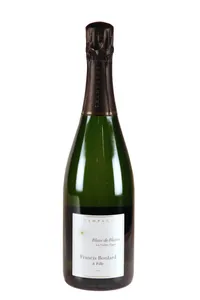
Champagne Brut Nature, Blanc de Blancs VV, F. Boulard - 2020
Champagne
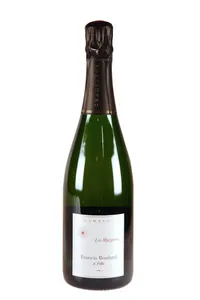
Champagne Brut Nature, Les Murgiers, F. Boulard
Champagne
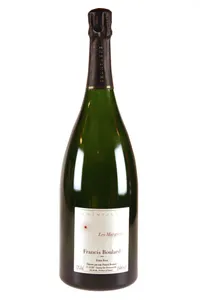
Champagne Extra-Brut, Les Murgiers, F. Boulard (mathusalem - 6 l.) - 2012
Champagne
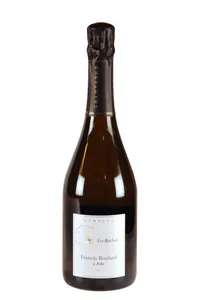
Champagne Brut Nature, Les Rachais, Francis Boulard - 2013
Champagne
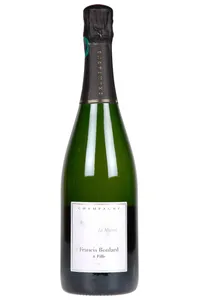
Champagne Brut Nature, Le Murtet, F. Boulard - 2018
Champagne
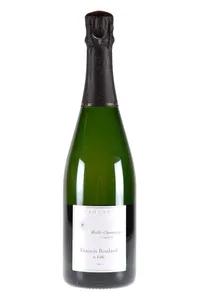
Champagne Brut Nature, Mailly-Champagne, F. Boulard - 2019
Champagne
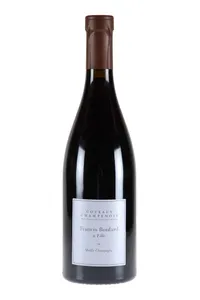
Coteaux champenois, Mailly-Champagne, F. Boulard - 2019
Coteaux Champenois
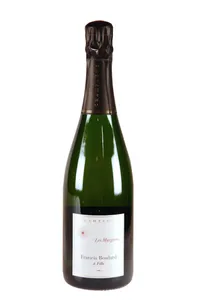
Champagne Brut Nature, Les Murgiers, F. Boulard - 2020
Champagne
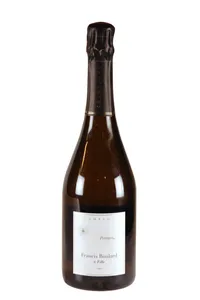
Champagne Brut Nature, Petraea IV, F. Boulard
Champagne
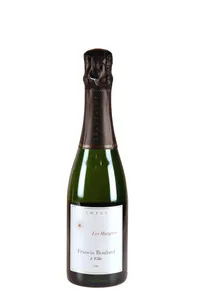
Champagne Extra-Brut, Les Murgiers, F. Boulard (37.5 cl) - 2019
Champagne
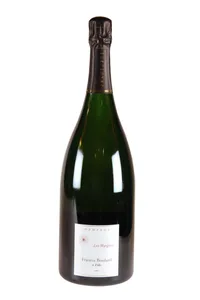
Champagne Brut Nature, Les Murgiers, F. Boulard (magnum) - 2019
Champagne
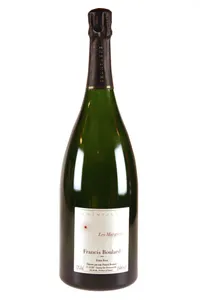
Champagne Brut Nature, Les Murgiers, F. Boulard (magnum) - 2020
Champagne

